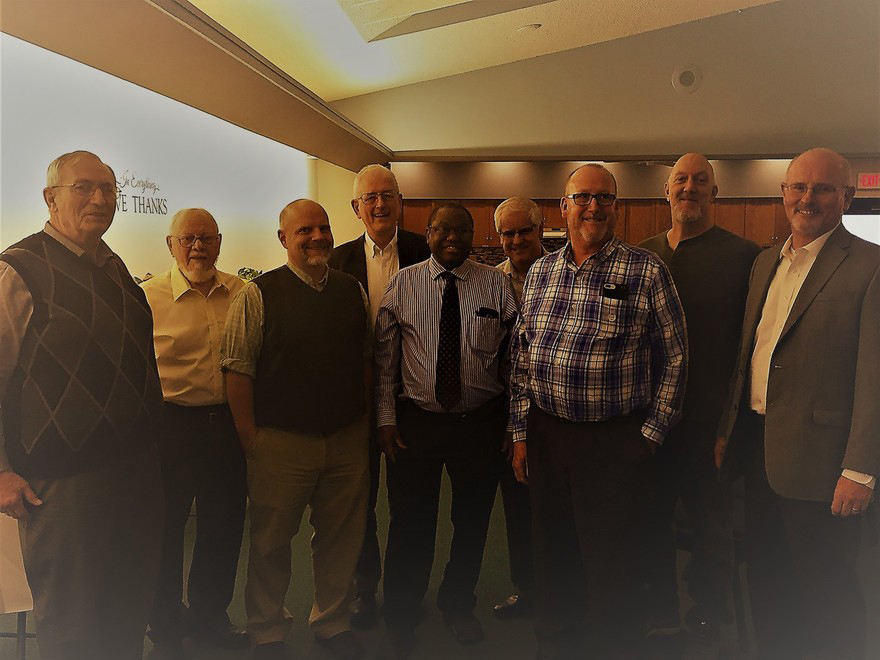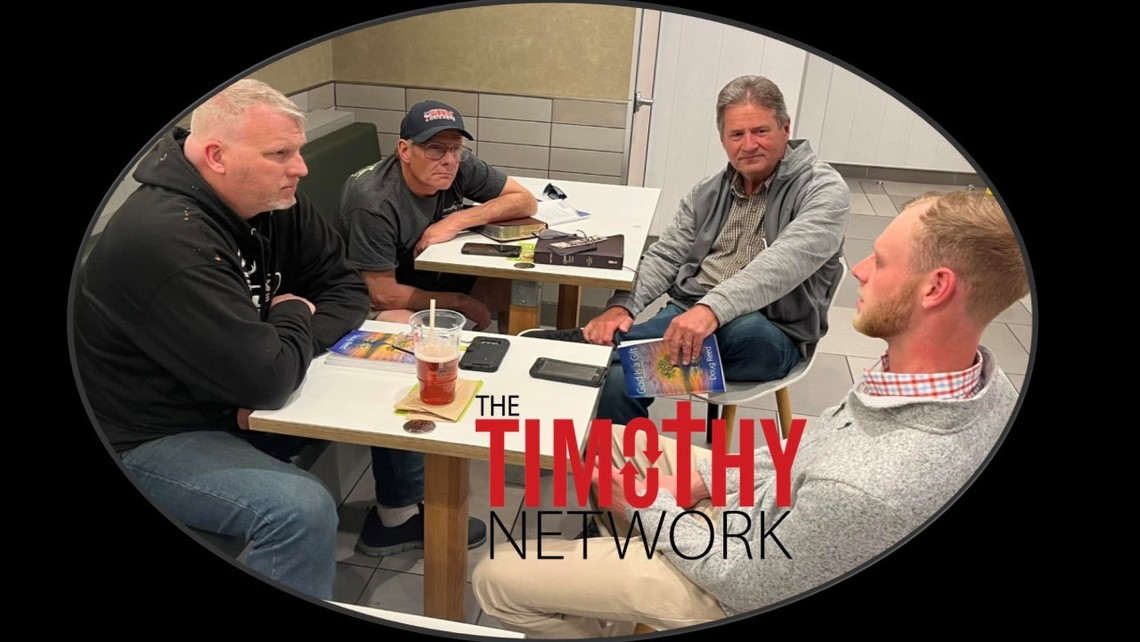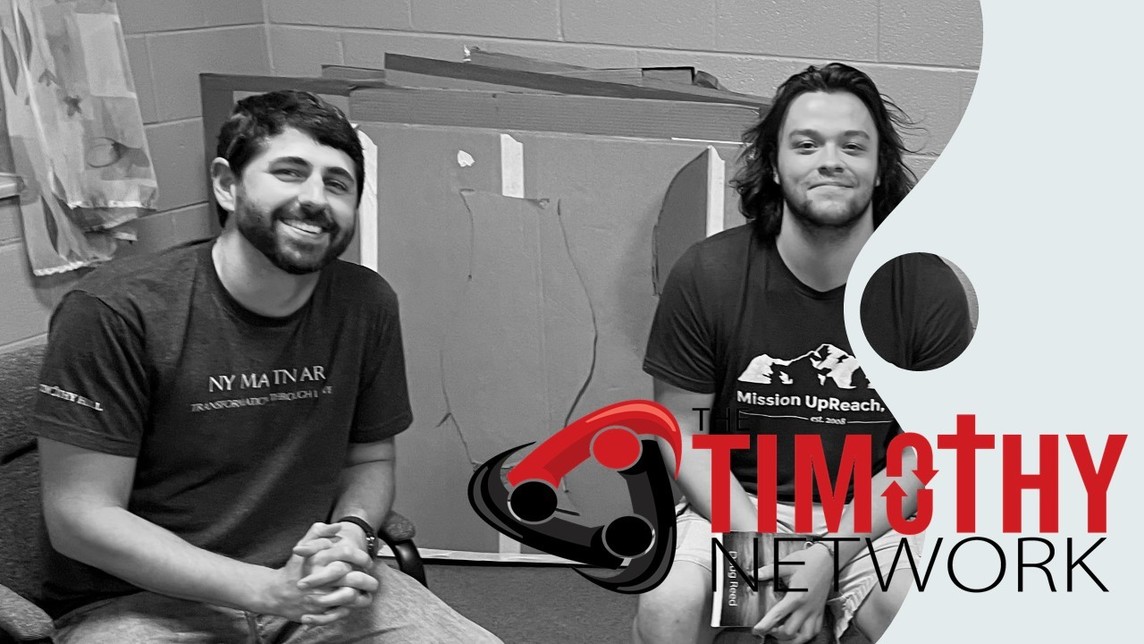Forty members of the Philo Road church in Champaign-Urbana attended Timothy Network’s first equipping seminar outside the state of Tennessee. The event was held in January.
In keeping with the “Ignite Initiative” launched in 2016, it’s our dream to kindle fires of disciple making far and wide. One means of accomplishing this will be through “Life on Life Workshops,” weekend training seminars designed to equip members for an “as you go” approach to building disciple-making relationships.
Mike Stroud


Leaders at Philo Road (above) are working to develop pro-active strategies for strengthening congregational discipleship and evangelistic disciple making. It’s our goal to “come alongside” congregtions like this one to encourage and support the process. Contact us at 615-653-6999 for details about a weekend training.
The following article appeared in Lookout Magazine, a publication of Christian Standard Media. Reprinted here with permission of the author.
One at a Time
by Shawn McMullen
Making disciples was an integral part of Jesus’ ministry. He called men to be with him, trained them to be like him, and commissioned them to represent him.
Making disciples was an integral part of Paul’s ministry, too. This is clear from his work with the church at Thessalonica, a church that became a model church throughout Macedonia and Achaia (1 Thessalonians 1:7).
But how did this happen? It seems from Acts 17:1‑10 that Paul’s ministry with the Thessalonians lasted only a few weeks. That’s not a lot of time to build a church! Perhaps these believers matured as they did because they followed Paul’s method of making disciples, one person at a time. Paul described his disciple-making ministry there in 1 Thessalonians 2:1-20.
THE FOUNDATION OF DISCIPLESHIP
Certainty (2:1, 2). Paul’s ministry among the Thessalonians was marked by confidence (“our visit to you was not a failure”), dependence (“with the help of our God”), and perseverance (“we dared to tell you his gospel in spite of strong opposition”).
Integrity (2:3). Paul’s teaching demonstrated accuracy (“for the appeal we make does not spring from error”), purity (“or impure motives”), and transparency (“nor are we trying to trick you”).
Responsibility (2:4). Paul conducted his ministry with a deep sense of responsibility to the message he preached (“entrusted with the gospel”) and to the God he served (“we are not trying to please men but God, who tests our hearts”).
Sincerity (2:5, 6). There was no room in Paul’s ministry for flattery (“we never used flattery”), greed (“nor did we put on a mask to cover up greed”), or ego (“we were not looking for praise from men”).
THE PATTERN OF DISCIPLESHIP
Several characteristics emerge as we look at the pattern of Paul’s ministry among the Thessalonians.
Nurture (2:7). “We were gentle among you, like a mother caring for her little children.”
Availability (2:8). “We loved you so much that we were delighted to share with you not only the gospel of God but our lives as well.”
Diligence (2:9). “We worked night and day.”
Christlikeness (2:10). “You are witnesses, and so is God, of how holy, righteous and blameless we were among you who believed.”
Personal attention (2:11). “For you know that we dealt with each of you as a father deals with his own children.”
Accountability (2:12). “Encouraging, comforting and urging you to live lives worthy of God.”
THE FRUIT OF DISCIPLESHIP
Paul’s discipling efforts among the Thessalonians bore much fruit.
God’s Word was accepted (2:13). “When you received the word of God, which you heard from us, you accepted it.”
God’s will was obeyed (2:13-16). The Word of God was “at work” among the Thessalonians, enabling them to persevere in the midst of intense persecution.
God’s servants were rewarded (2:17-20). Paul’s ministry resulted in a deep, personal affection (“out of our intense longing we made every effort to see you”) and great personal encouragement (“you are our glory and joy”).
Making disciples can be difficult and time-consuming. But it’s rewarding. And it’s what God wants.
Sam Shumaker said it well. “It is not the main job of the church to turn out a lot of work, to list a long string of members, or raise a lot of money. It is the main job of the church to fashion people who behave like Jesus Christ. And they cannot be hewn out of the mediocre mass wholesale, but only one by one.”






Leave A Comment